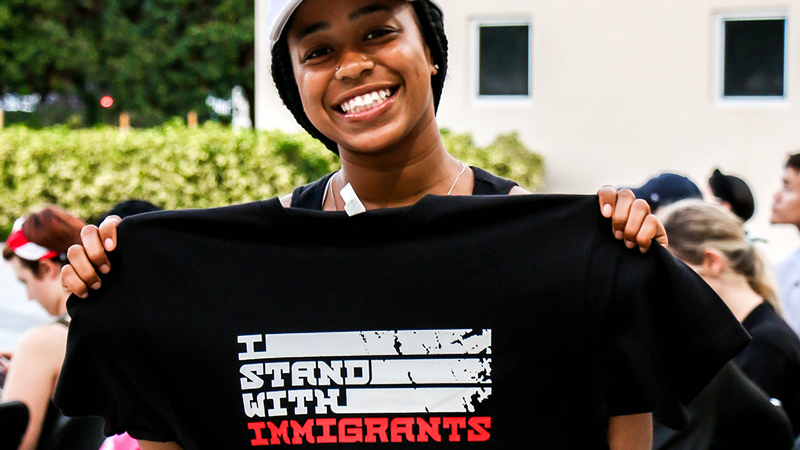About the Program Communication and Media Studies (BA)
The Bachelor of Arts in Communication and Media Studies is designed for students who seek a generalist’s orientation to mass media. You will be encouraged to investigate all aspects of communication theory in order to develop a core of knowledge in communication and media studies.
Communication and media studies focuses on how people arrive at shared meanings via the interchange of messages. In other words, you will learn to effectively communicate in many different situations ranging from small interpersonal, business, family and cultural groups, or in any situation you may find yourself.
As a result, you will be equipped with the tools and knowledge to enter a variety of professions such as advertising, online media, radio, television, public relations, theater and the performing arts, government and politics, business, law, and social services.
You will be equipped with the tools and knowledge to enter a variety of professions such as advertising, online media, radio, television, public relations, theater and the performing arts, government and politics, business, law, and social services.




























